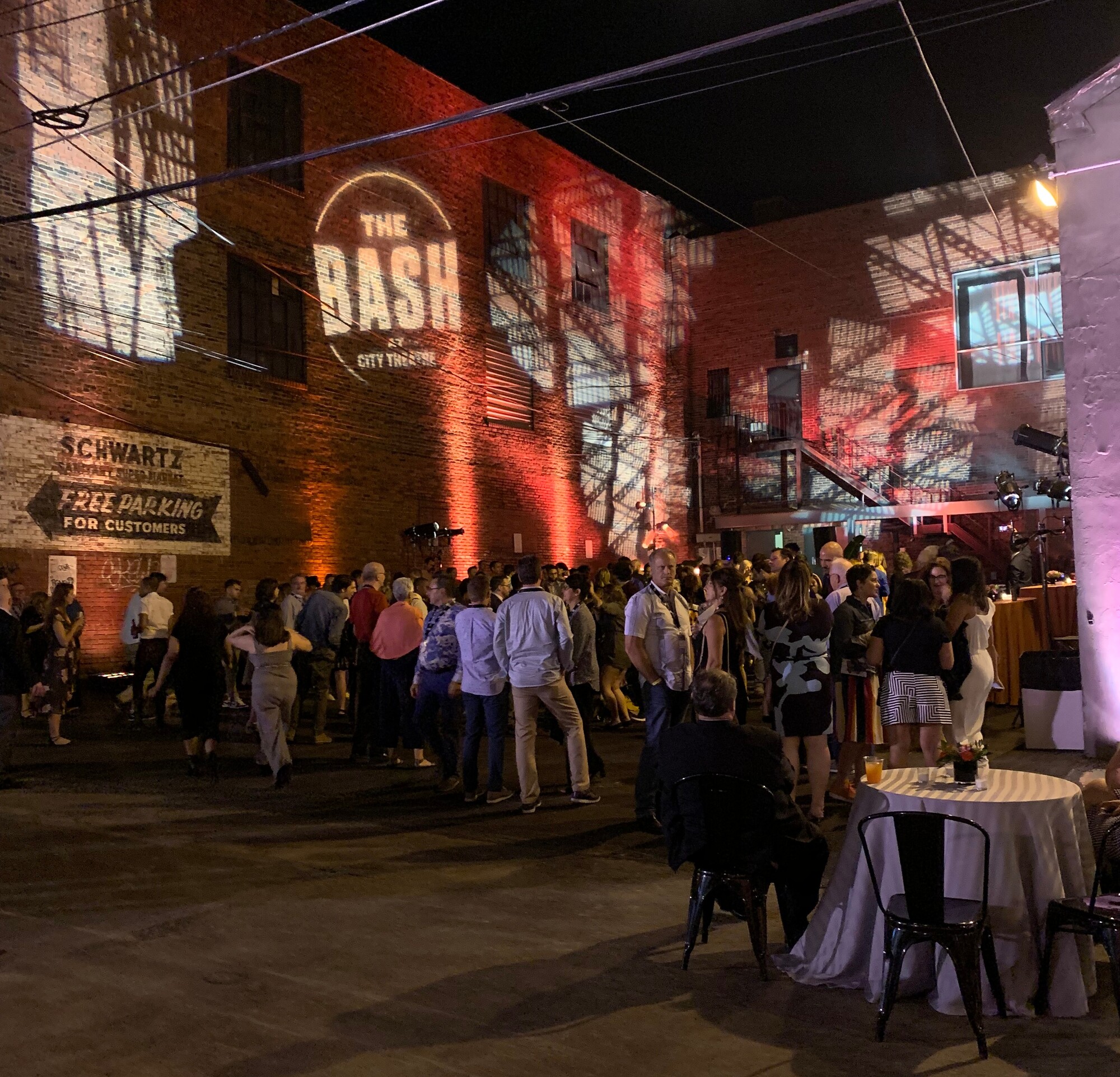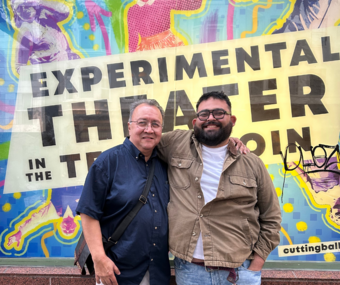It’s been over a year since We See You, White American Theater’s statement, principles, and demands highlighted how American theatre is complicit in systemic oppression. Some institutions made no mention of the insidious pandemic of racism following the release of We See You, WAT, while others issued statements denouncing racism as a result. I want to address those institutions willing to make statements. I’ve looked closely at many of these and the subsequent action plans, and I see that a lot of work went into them. They are crafted with laser precision.
But…
It doesn’t feel like their main goal is to curtail any more undue harm to Black folks, Indigenous folks, and folks of color. Instead, it feels like these statements merely address the movement while dancing a razor’s edge that keeps white, older, affluent bases of theatre supporters comfortable. Even when we as white theatre leaders and administrators have been asked to examine and respond to our own failings regarding race, we’ve somehow managed to center the feelings of our white audiences in the response.
The work we’ve been called on to do is not revolutionary—it merely demands equity. Some of us already have all the items in We See You, WAT’s demands available to us; we’re just being called on to share them. And that does require investment. What’s frustrating is that this particular need is being met largely with the same brand of moderation that has frustrated me since my first professional gig. Let me explain.
There’s already a lovely essay by Alix Rosenfeld on this platform about scarcity mindset in our field—and I don’t intend to rewrite that. I will just say, as a fundraiser, I’ve sat by quietly and listened to many conversations about scarcity. In the post-2008 recession it was “balancing financial prudence with artistic risk-taking”. In the years of recovery bolstered by what feels like three thousand productions of cash cow musicals and public domain adaptations of holiday classics, it was “balancing fiscal sustainability with investment in failing infrastructure”. “Balancing fiscal sustainability with wage increases (or lack thereof)” was in there, too, along with “balancing fiscal sustainability with, ‘sorry, we can’t pay any portion of your healthcare.’” The list goes on.
Honestly, insert any number of conditions after the phrase “balancing fiscal responsibility with” and I’ve likely heard it before. I’ve fondly coined this excuse as “balance du jour.” It’s the type of arithmetic that keeps so many of our organizations and workers limping along and surviving instead of thriving. However, I must draw the line at “balancing fiscal responsibility with racial justice work.”
This makes absolutely no sense to me. And, if you’ll indulge me, I would like to unpack a few ways in which this statement can be used as a neutral-sounding stand-in for ideas that are anti-Black, packed with bias, and rife with white fragility. I honestly never—ever—hope I hear this statement uttered again.
Before I dive in, I want to say to any leaders reading this: I do get it. I understand the fear of an institution failing on your watch. I understand how capitalism has conditioned us to see scarcity as the norm. But we are at a crucial moment where you can, and must, work against this mindset. As one of your young(ish) fundraisers who hasn’t burnt out and wants to see our field succeed in every sense of the word, shying away from anti-racism work is fiscally irresponsible and will cause our vulnerable institutions to fail.
Further, what I say must not be construed as a way to frame BIPOC folks as a resource from which white folks can extract. Their money, their bodies, their labor—none of these things are for us to leverage to “look” or “feel” better. However, if we choose to “be” better, we may eventually gain the trust necessary to transform our artistry and communities in ways we’ve yet to even envision.
Let’s dive in.
The work we’ve been called on to do is not revolutionary—it merely demands equity.
- Assuming Black people don’t have money to spend on art is anti-Black.
Read that again. Central to the statement, “Balancing fiscal responsibility with racial justice,” is an assumption that any amount of white flight on account of increased equity practices will leave an organization destitute. I’ve been around these conversations for about a decade now. Inevitably, when the topic of “diversifying audiences” comes up, the subject becomes about free programming. However, when the issue of “luring [white] millennials” is on the table, it’s all about lowering financial barriers to entry and hooking them early, so their value appreciates over time. Replenishing the base with the same faces seems to be the goal, with Black bodies meant to round out the audience as charity recipients only. This practice is racially coded at best and, frankly, gross.












Comments
The article is just the start of the conversation—we want to know what you think about this subject, too! HowlRound is a space for knowledge-sharing, and we welcome spirited, thoughtful, and on-topic dialogue. Find our full comments policy here